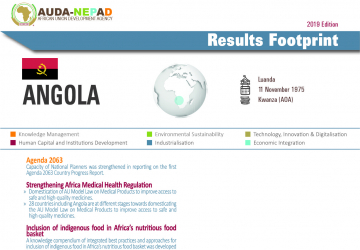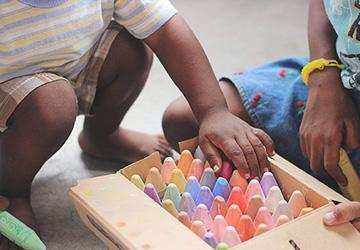 Angola
Angola
Official Name: Republic of Angola
Capital: Luanda
Independence Day: 11 November 1975
Currency: Kwanza (AOA)
Key Result
The NEPAD Spanish Fund (NSF) for the Empowerment of African Women disbursed EUR 1,276,559.21 in the Republic of Angola towards supporting projects on gender-based violence victims, social economic development, women rights and empowering women entrepreneurial. 37,318 women and men were reached through the support of the NSF.
Angola is expected to benefit from the Central African Interconnection project, which is a 3,800 kilometres line from the DRC to South Africa through Angola, Gabon, Namibia and as well connecting through Cameroon, Chad and Equatorial Guinea.
Angola signed the Comprehensive Africa Agriculture Development Programme (CAADP) Compact on 5 August 2014 committing to prioritise agriculture productivity and development. According to the CAADP Biennial Review Report, the country has made progress evidenced by 39% for the quality of multi-sectorial and multistakeholder coordination; 14.8% of public agriculture expenditure as a share of total public expenditure; 56% of farmers having access to agriculture advisory services; and 21% increase of yield for the country’s priority agricultural commodities.
A mapping of existing school feeding programmes (both regular and Home-Grown-School Feeding (HGSF models) in Africa was completed and shows that close to 90 per cent of countries, including Angola have implemented school feeding programmes, with a growing number adopting the HGSF model.
There is increased awareness and competence among key actors in contract negotiations and tax policies related to the extractive and mining industry in 11 countries. The countries targeted by the Mineral Resources project include Angola, Botswana, Cameroon, DRC, Djibouti, Ethiopia, Guinea, Kenya, Malawi, Sudan and Tanzania.
A full database on the status of innovation in Angola has been developed, focused on product and process innovations.
Related
Projects
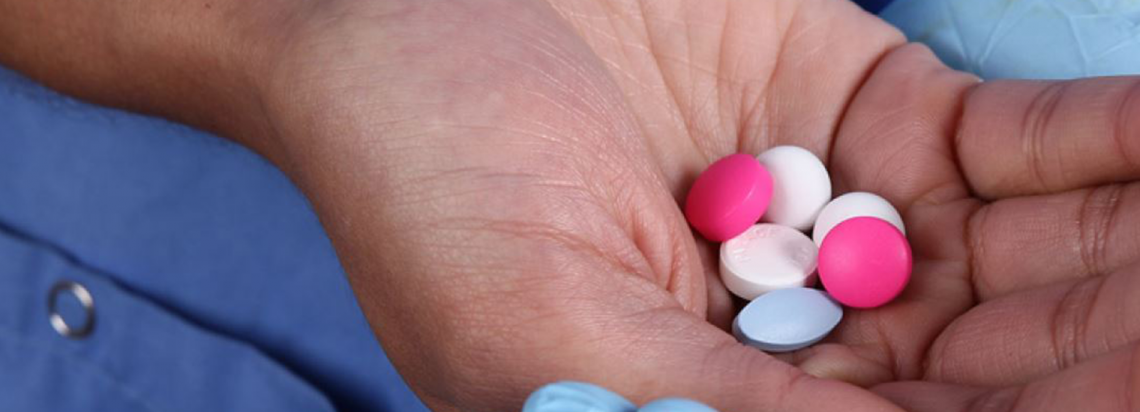
A critical AU Model Law aimed at harmonizing medical products regulatory systems in Africa was endorsed by African Heads of State and Government at the January 2016 AU Summit in Addis Ababa, Ethiopia. The AU Model Law will contribute towards accelerate the regulation of safe, quality and affordable medical products and technologies in Angola.
Central Africa has embarked on a collaborative framework that will stipulate the activities, roles and responsibilities for implementing an MRH programme in the region. Angola being a member of both SADC and ECCAS, is participating in a rapid assessment exercise in 2016 that shall determine the status of regulatory systems. The outcome will act as a guide in defining the needed country support and setting up the MRH programme for the region.

CAADP Compact: Angola signed the CAADP Compact on 5 August 2014.


Project : TAH programme
Description : This is phase I of the continental connectivity programme that focuses on completion and standardisation of the TAH missing links by 2030
Project : Single African Sky phase 1 (design and initial implementation)
Description : Single African Sky is a continental programme that will create a high-level, satellite-based air navigation system for the African continent
Project : Yamoussoukro Decision implementation
Description : Accelerate Yamoussoukro Decision implementation by identifying countries that are ready to fully implement it, and discussing and agreeing with both their governments and airlines to launch the voluntary club on a full membership basis
Project : Central African Interconnection
Description : 3,800 km line from the DRC to South Africa through Angola, Gabon, Namibia and to the north to Equatorial Guinea, Cameroon and Chad
Project : Southern Africa Hub Port and Rail Programme
Description : This programme aims at responding to Southern Africa challenge in developing sufficient port capacity to handle future demand from both domestic sources and landlocked countries
Project : Central African Inter-Capital Connectivity
Description : This programme is specially designed for Central Africa, where one of the key issues for regional integration is the missing links in several intercapital connectors
Project : Central Africa Air Transport
Description : This programme aims at increasing the air transport service levels as well as airport improvement in Central Africa, which are currently limited by the lack of a regional air hub
Project : Multisectoral Investment Opportunity Studies
Description : Identification and preparation of investment programmes in the basin
Project : ICT Enabling Environment
Description : This programme would improve the environment for the private sectors to invest in high-speed broadband infrastructure
Project : ICT Terrestrial for Connectivity
Description : This programme has two main components : secure each country connection by at least two broadband infrastructure and ensure the access to submarine cable to all landlocked countries
Project : Internet Exchange Point (IXP) programme
Description : The aim of this programme is to provide Africa with adequate internet node exchange to maximise internal traffic
Results:
•Through MIMFAMU awareness sessions of the New Law from 2011 on GBV for Justice Officials, traditional authorities, civil society organizations, municipalities and districts.
•Through MIMFAMU Institutional Strengthening of Houses for Family counselling in 14 Provinces and Strengthening of the services of assistance to GBV victims in 13 Provinces through training of 122 advisors on New Law of GBV, Family legislation and legal and family counselling.
•Through MIMFAMU Creation of National Statistics Data Base of Gender and training of staff for the Ministry.
•74 435 women empowered economic and financial terms: Income generation skills; Deployment of technical assistance to boost agriculture production for both consumption and commercial purposes; Accessing agricultural extension services; Promotion of gender inclusiveness in decision making; Creation of enabling environment to access land; Land tenure and legalization of land title for women; Youth job creation; SME management; Informal and Regional Trade development·

The ASTII project has been in Angola since 2007. In collaboration with UNESCO Institute for Statistics (UIS), 80 participants were trained in April 2014 on R&D and Innovation data collection methods and equipped with requite tools. In addition, R&D data was produced for the 2nd African Innovation Outlook report.
Contact: Dr Domingos Neto (dgosneto@gmail.com), National Director, Scientific Research Ministry of Science and Technology.
Website: www.minct.gov.ao and www.ciencia.ao

Advocacy and Strengthening of Negotiation Capacities on Post-2015 Development Agenda through the Common African Position (CAP)
Global Partnership for Effective Development Cooperation (GPEDC)
The Global Partnership is an inclusive political forum bringing together governments, bilateral and multilateral organisations, civil society and representatives from parliaments and the private sector, committed to strengthening the effectiveness of development co-operation to produce maximum impact for development. Through its multi-stakeholder platform, the Global Partnership provides support, guidance and shares knowledge to boost development impact with a strong country focus, and to ensure a degree of coherence and collaboration among all development stakeholders on co-operation flows and policies. It offers a global mechanism to ensure co-operation is based on Busan principles of ownership, results, inclusiveness; and transparency and accountability to deliver tangible results on the new SDGs. NEPAD Agency is the Africa’s Secretariat for the Global Partnership.
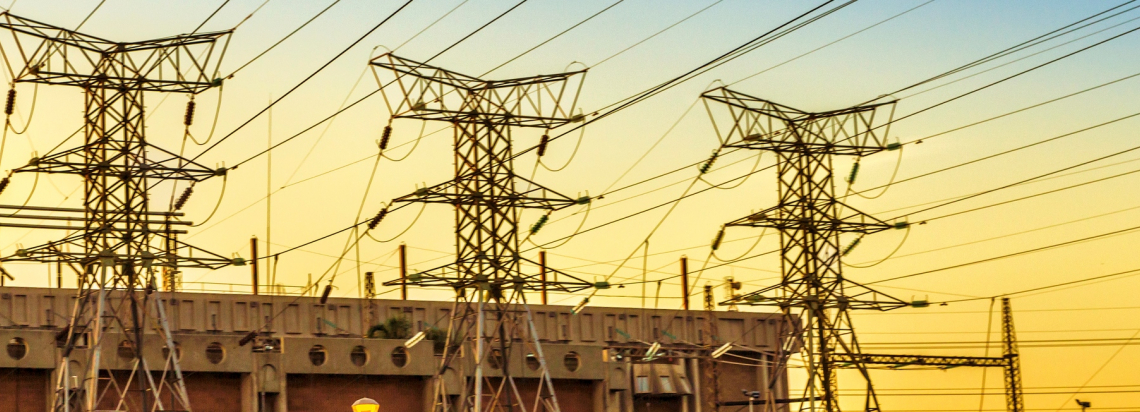
Project : Transmission – Central African Interconnection Transmission Line Project
Countries/Region : Nigeria, Cameroon, DRC, Angola, Gabon (for first four segments of the transmission line), Equatorial Guinea, Chad, (if the Project is extended) | West, Central, Southern Africa
Project Location : Transmission line spanning West, Central and Southern Africa
Sector/Subsector : Energy/Transmission
Project Description : Construction of a 3,800 km transmission line system made up of four segments
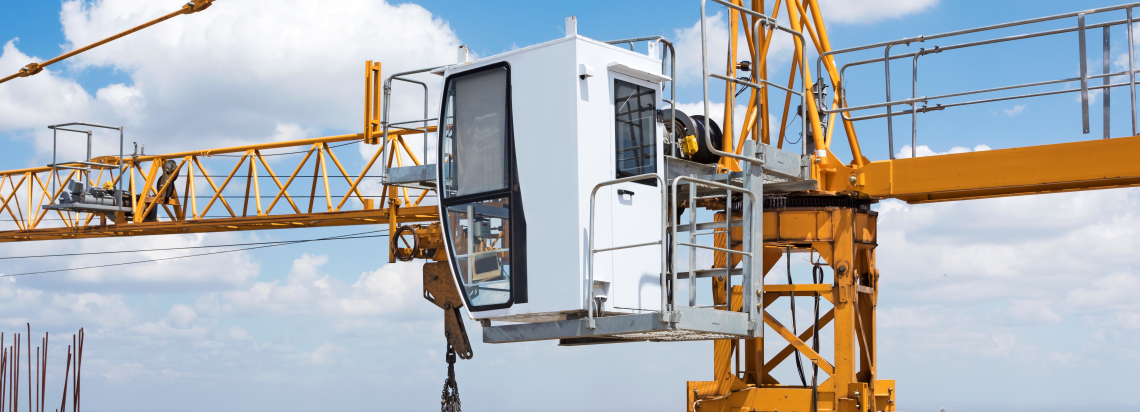
Description : The use of political gravitas and goodwill to unblock and facilitate political bottlenecks affecting the implementation of ICT broadband and optic fibre projects on the continent


"At the beginning of 2014, 37 of the 42 opted-in African countries have completed a rapid assessment / gap analysis. The next step for countries is to develop a SE4LL Action Agenda and Investment Prospectus(es). To support this process, the SE4ALL Africa Hub partners have led the development of Africa Guidelines for SE4ALL national Action Agendas. The Africa Guidelines lay out principles and process for developing Action Agendas and put forward a balanced approach of centralized and decentralized solutions to achieve universal access to energy services.
Progress in Angola:
Starting SE4All Action Agenda and SE4All Investment Prospectus"
you agree to the AUDA-NEPAD Privacy Policy.



